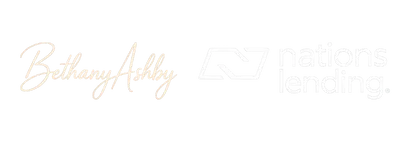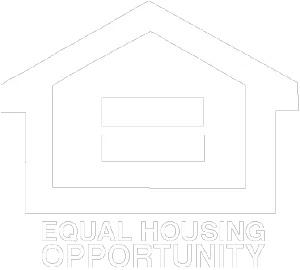Which Mortgage Loan Program Suits You Best? A Breakdown of Conventional, FHA, VA, and USDA Options
Buying a home is one of the biggest financial decisions you’ll ever make—and the mortgage you choose can impact your budget for years to come. While interest rates and monthly payments get most of the attention, the loan program you select can shape your entire experience as a homeowner. From down payment requirements to eligibility rules, here's how to determine which mortgage program suits you best.
Conventional Loans: Best for Strong Credit and Flexible Property Choices
You might choose this if:
You have a good-to-excellent credit score, a stable income, and can afford a down payment.
Conventional loans are not backed by a government agency, so lenders impose stricter qualification standards. A credit score of 620 is usually the minimum, but the best rates go to borrowers with scores above 740. You’ll need at least 3% down, though 20% avoids private mortgage insurance (PMI).
Conventional loans also offer the most flexibility for property types—whether you're buying a primary home, vacation property, or rental.
Pros:
Competitive interest rates for high-credit borrowers
PMI can be canceled when you reach 20% equity
Widely accepted by sellers and real estate agents
Cons:
Higher credit and income standards
PMI costs if you put down less than 20%
FHA Loans: Best for First-Time Buyers and Lower Credit Scores
You might choose this if:
Your credit isn’t perfect, or you have limited funds for a down payment.
Backed by the Federal Housing Administration, FHA loans make homeownership more accessible. You can qualify with a credit score as low as 580 and just 3.5% down. These loans also allow for higher debt-to-income ratios compared to conventional loans.
However, you’ll need to pay mortgage insurance premiums (MIP) upfront and monthly—typically for the life of the loan unless you refinance later.
Pros:
Low down payment
Flexible credit requirements
Good option for first-time buyers
Cons:
Mandatory mortgage insurance
Loan limits may be lower in high-cost markets
VA Loans: Best for Veterans, Active Duty, and Military Families
You might choose this if:
You’ve served in the U.S. military or are the surviving spouse of a service member.
Guaranteed by the Department of Veterans Affairs, VA loans offer outstanding benefits—no down payment, no monthly mortgage insurance, and generally lower rates. There’s a one-time VA funding fee (which can be financed), but this loan is hard to beat for those who qualify.
Pros:
No down payment or mortgage insurance
Competitive interest rates
Flexible underwriting for veterans
Cons:
Limited to eligible military members
VA funding fee required
USDA Loans: Best for Low-to-Moderate Income Buyers in Rural Areas
You might choose this if:
You have modest income and want to buy in a qualifying rural or suburban area.
The U.S. Department of Agriculture offers zero-down financing to eligible buyers. While "rural" may sound limiting, many suburban areas qualify. There are income caps and location restrictions, and you’ll pay an upfront and annual guarantee fee similar to mortgage insurance.
Pros:
No down payment
Low monthly costs
Flexible credit standards
Cons:
Property must be in a USDA-eligible area
Income limits apply
How to Choose the Right Loan for You
Ask yourself:
Do I qualify for special programs like VA or USDA?
What’s my credit score?
How much can I afford for a down payment?
Do I want to avoid mortgage insurance?
Where is the home located?
A mortgage isn't one-size-fits-all. Your financial history, lifestyle, and homebuying goals all play a role. Consulting with a loan advisor can help you run the numbers and match the right loan program to your unique situation.
Sources
Forbes – https://www.forbes.com
Investopedia – https://www.investopedia.com
CBS News – https://www.cbsnews.com



